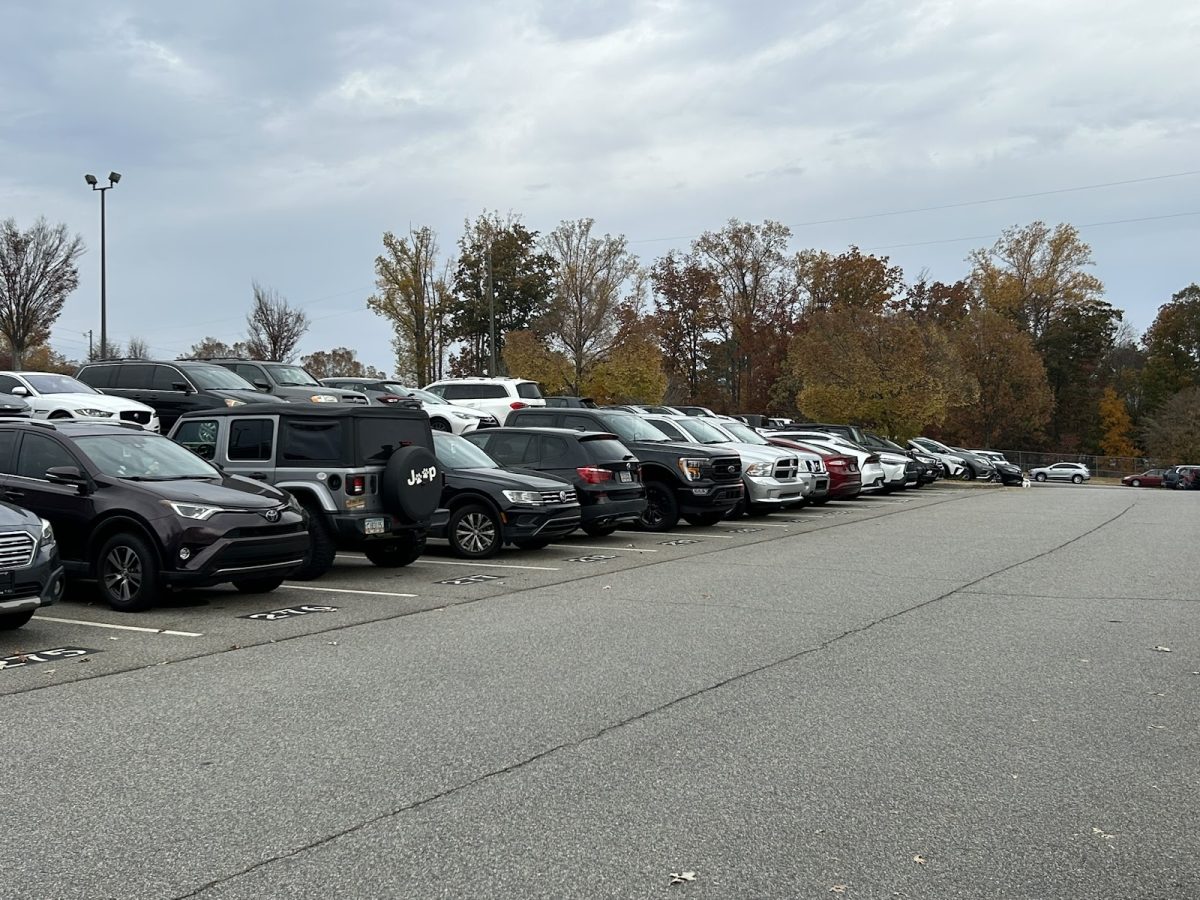In most states, including Georgia, teenagers can drive by themselves at the age of 16. Many Lambert students are getting their learner’s permit at 15 and restricted license at 16, so they’re on the road by themselves a short while after their 16th birthday.
With so many teenagers on the road, concerns about their safety naturally arise. Fatal car accidents are the second leading cause of death among teenagers in Georgia and are involved in more of these fatal car accidents than any other age group. It’s clear that teen drivers are especially at risk for fatal accidents and drive dangerously when compared to older drivers.
Some drivers also feel underprepared when they first receive their license. Georgia places few requirements on how often a teenager can take their driving test. The first time you fail a road skills test, you can take another one after waiting just one day. Even though subsequent tests then require you to wait seven days before retesting, the relatively short amount of time between retests can allow teenagers to simply keep retaking their driving test until they pass. Furthermore, the actual test is generally considered to be fairly easy.
“The driving test was pretty easy, I passed the first time and only lost points on parking.” Lambert Senior and student driver Armaan Bhasin said. “I just took some time to prepare and then it went fine.”
All these statistics raise the question about whether or not 16 is too early for teenagers to be driving. However, despite the risks, learning to drive as a teenager can also be beneficial. As the American Automobile Association found in 2014, experience is a bigger determinant of driver safety than age. This means that teens who gain two years of experience behind the wheel before becoming adults will likely be safer drivers than those who learned during adulthood.
Many Lambert students also appreciate the independence that comes with being able to drive themselves. Driving to and from school as well is a big appeal for teen drivers. They’re also able to drive themselves to extracurricular activities and other events, being less restricted by parental availability. Teenagers driving can take away a burden from parents who have to drive their children everywhere.
“I mean I can pretty much drive everywhere I want,” Armaan added. “It’s way easier than asking my parents if I wanna go to a football game or something.”
Overall, there are many issues to consider when deciding whether or not to allow 16-year olds to drive. Even though there are many benefits to teenagers being able to drive, the safety risks are undeniable. By increasing the time between retakes of the road skills test and making the test harder, the state of Georgia could greatly improve teen driver ability and therefore road safety. In either case, Lambert students will continue learning how to drive as soon as possible and hopefully gain valuable experience in the process.















